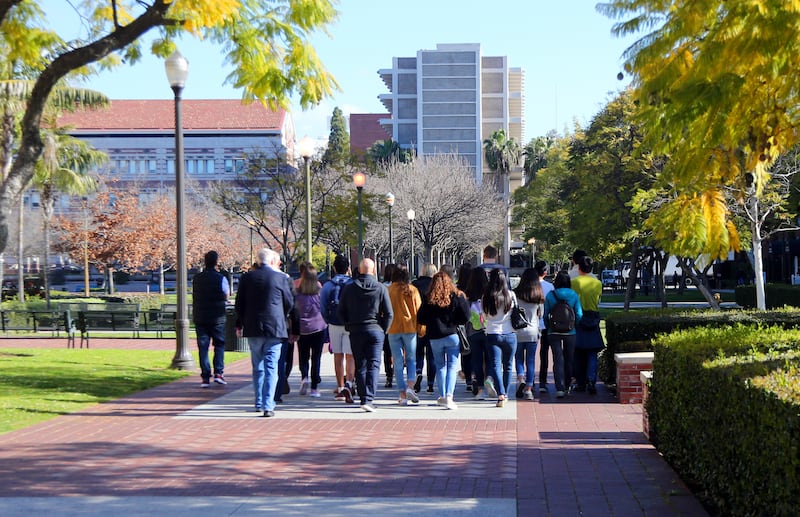SALT LAKE CITY — New internal emails from the University of Southern California that were made public in a new court filing show that the school considered family wealth in discussions for admissions, according to The Los Angeles Times.
The public documents were made public in the District Court in Massachusetts. Attorney Martin Weinberg, who represents Robert Zangrillo, filed the papers in order to show his client involved in the college admissions scandal was following an established procedure at USC. Zangrillo has pleaded not guilty in the college admissions scandal on charges of fraud, conspiracy and money laundering.
“University officials ... were keenly aware that VIP applicants did not have to be admitted based on merit,” Zangrillo’s lawyers wrote in a motion filed Tuesday, according to The Boston Globe. “In short, USC is far from the crime ‘victim’ that it claims to be.”
The emails show an exchange between USC personnel and parents with prospective students, according to CNN. One of the emails includes a spreadsheet that has an entire column dedicated to describing a family’s donation history to USC and any potential they have to donate to USC in the future.
The spreadsheet doesn’t show any connection between potential of donation and college acceptance. However, there are additional emails that “appear to indicate families’ past donations were impacting admissions decisions,” according to CNN.
On 2014 email between Donna Heinel, a USC athletics official, and Timothy Brunold, USC dean of admissions, reads: “To be transparent — Our community service initiative is funded by the (redacted) foundation—this is the daughter.” After a follow-up, Brunold responds that he has “just been directed to admit this student to the spring semester.”
Using these emails, the attorney Weinberg suggests his client, Zangrillo, was following typical procedure.
But USC sees it different. The university has reiterated that it’s not uncommon for schools to identify students with a “so-called special interest tag” during the admissions process, according to The Boston Globe.
“Mr. Zangrillo’s filing appears to be part of a legal and public relations strategy to divert attention from the criminal fraud for which he has been indicted by a federal grand jury,” university officials said in a statement. “USC remains confident that the court will agree with us that it need not produce the information and documents requested by the defendant.”
It’s not totally uncommon for colleges and universities to consider students who have connections to major donors, though, according to The New York Times. In fact, Harvard is one such college with a notorious history of having special “lists” that identify students who have a specific advantage of being selected, including one that highlights their connection and interest to donors.


